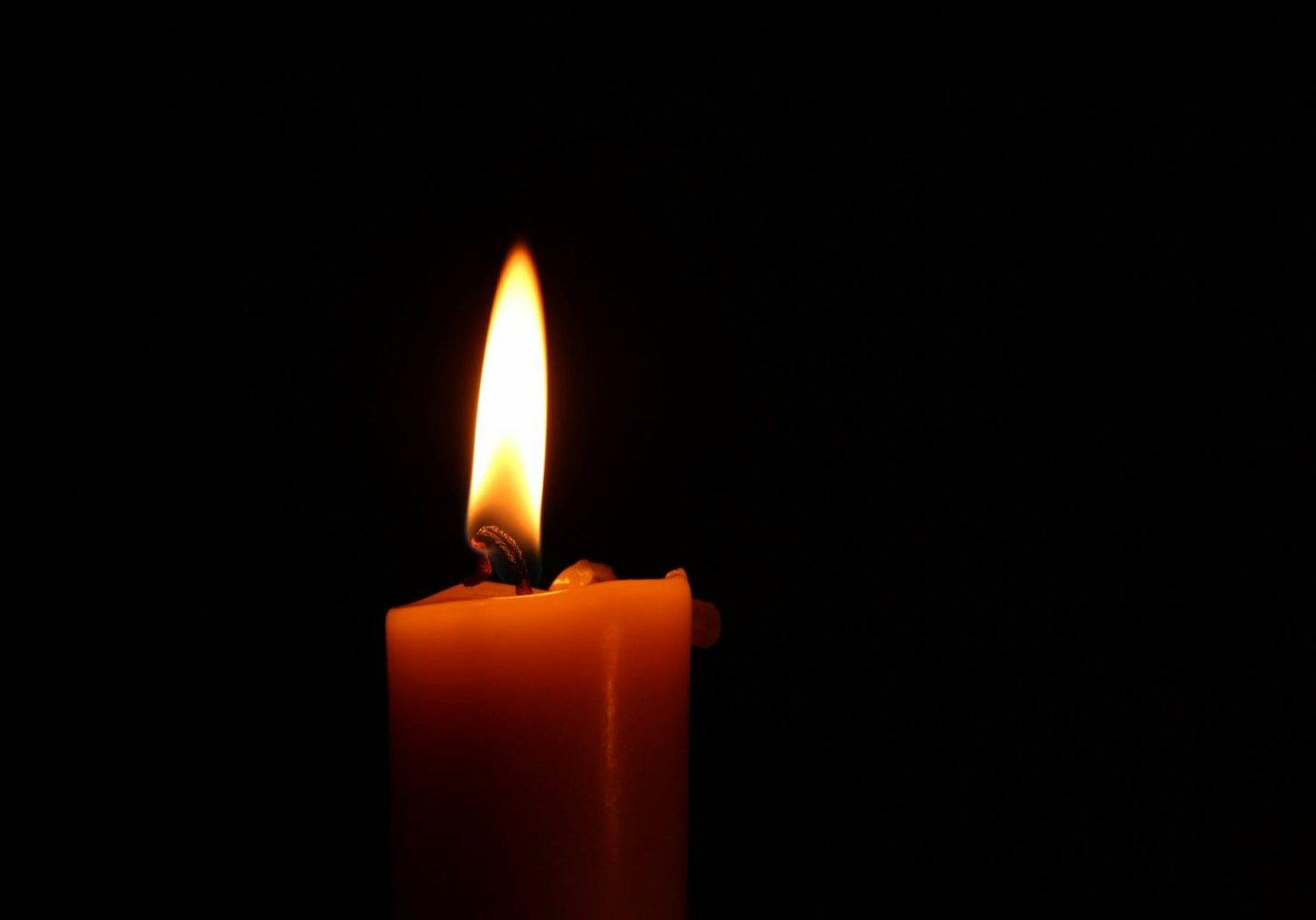Fire Safety in a Salon: Precautions Against Hair and Nail Salon Fires
Last Updated: August 23, 2024

Want to create an atmosphere of warmth and welcome? Encourage meditation and relaxation?
Like many beauty pros, you might reach for a scented candle. But when you light up that Voluspa, don’t forget your final and essential step: blowing it out.
Forgetting to extinguish a candle is a simple mistake with costly consequences, as D.C.-based Sheer Bliss Salon & Day Spa learned. The employees left for the day without blowing out a candle on the second floor. That candle set the salon ablaze at 1 a.m. The salon fire incident caused $50,000 worth of damage before the fire department put it out, reported The Washington Post.
And it isn’t just candles that can cause fires. Few in the hairstyling community could forget the hair dryer that exploded and killed two men in a Bangladesh barbershop. Or the salon in Sydney, where towels caught fire in a clothes dryer and damaged the building. Or in Michigan, when a tanning bed caught fire at Midnite Sun Tanning Salon, reported News Channel 3.
Nail and hair salon fires are a real and serious hazard. So how can beauty professionals like yourself adopt fire safety in a salon?
Tips for Preventing Nail and Hair Salon Fires
Light it up? Snuff it out.
You don’t need to be the brightest candle in the room to know that leaving a candle burning unattended creates fire hazards in a salon. So if you light one, blow it out, too.
Add it to your lock-up routine. Before you leave, snuff out any burning candles.
Not the last one to leave? Tell your coworker where candles are still burning and ask if they want you to put them out. That way, they’re less likely to forget blowing out the candles themselves.
Train for fire safety in a salon.
Emergency response can’t hold a candle to emergency prevention. So train your staff to not have fires in the first place.
OHEAP Fire & Security recommends including these topics in your salon fire safety training:
- Proper use and maintenance of electrical devices. Otherwise, dryers (hair, nail, and clothes), curling and flat irons, files and drills, dust and hair collectors, towel warmers, UV sterilizers, curing lamps, and tanning beds can become fire hazards in a salon.
- Safe handling, storage, and disposal of chemicals, like hair dyes, bleach, hair spray, acetone, and cleaning products.
- Avoiding accumulation of flammable materials, like hair, towels, and paper products. All of these can become fire hazards in a hair salon or start nail salon fires.
Prep for the worst.
In addition to reducing fire hazards in a salon, you and your team should also be prepared to respond in an emergency.
Holding regular fire drills is a good way to get staff familiar with fire evacuation procedures in a salon. If your salon staff knows what to do during a fire, they can prevent unnecessary damage.
There are several procedures for dealing with fire emergencies in a salon. Teach them how to:
- Detect a fire through smells and alarms.
- Evacuating customers and themselves via emergency exits to assembly points or safe spaces off premises.
- Locate and know where to store fire extinguishers.
- Use fire extinguishers.
Call the electrician.
You can (and should) do some basic electrical checks yourself. Regularly checking electrical equipment, electrical sockets, and appliances for wear, tear, and damage is key to fire safety in a salon.
Additionally, we recommend hiring a licensed electrician to check your electrical systems’ safety once per year.
Carry beauty insurance.
Fire safety in a salon isn’t the only precaution against risk. Skip the trial by fire by getting insurance for your barbershop and hair salon, massage studio, cosmetology business, or nail salon.
Here at WellnessPro, our general liability policy can cover accidental nail salon fires and hair salon fires. That means you get help paying for repairs and dealing with any claims from other tenants affected by the flames. Click here for a beauty insurance quote.
